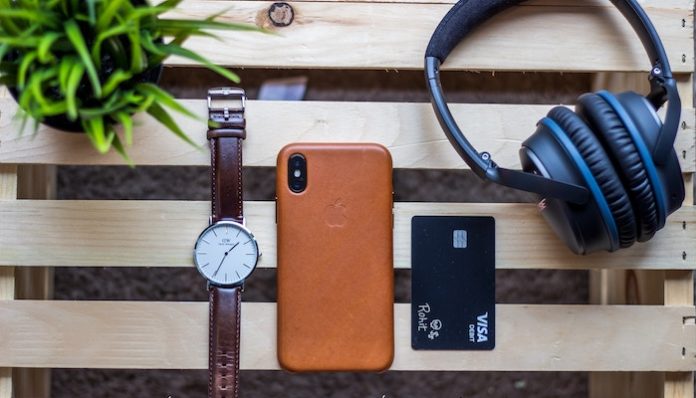
How many have you said the following line before: “I’m so broke”?
I bet quite a few of you have uttered that very phrase and then made some poor financial decision right after. I’m here to tell you that’s totally okay because odds are you’re not actually “broke”, you’re just “millennial broke.”
As I’ve continued to become an “adult” (I use that term loosely no matter how hard society tells me I am) I’ve also noticed an alarming trend among my peers. This is not say that it’s all my peers or my entire generation, but based on a large pool of people I’ve encountered, chatted with and learned about, this is an observation I’ve made.
We’re financially uneducated.
I’m very fortunate that I grew up in a house where not only was my dad an accountant, whose literal job was to help people with their taxes, expenses and such, but also preached financial education to me. He instilled in me the importance of bank accounts, building credit, and how to find ways to increase your wealth using the means of the bank (i.e. interest rates).
The one thing that strikes me as bizarre, especially as I’ve continued to grow into adulthood (and slowly marching to my thirties) is that my generation is AFRAID of credit cards.
There are many dangers to having a credit card, but there are also harmful side effects of not having one. The first one being you’re not building your credit. While many of my peers may have student loans and car loan, if you’re delinquent or have large sums outstanding, that can negatively affect your credit.
There are five categories that determine your credit score: amounts owed, payment history, new credit, length of credit history, & credit mix. Each have a weighted percentage that help determine your credit score. The one that is most important however is the length of credit history. The longer you go without building credit, whether through a credit card, or a loan, the more difficult it may be for you to achieve a decent credit score.
What I can’t comprehend is why people, especially people who are frequent & habitual shoppers, aren’t utilizing credit cards more often. Instead of using your debit card, which nets you nothing more than an instantaneous deduction from your bank account, take advantage of offers from both national banks as well as big box retailers and other stores.
For instance, if you’re a frequent Macy’s shopper, open up a Macy’s credit card. You automatically save and you can only use the credit card at Macy’s. If you’re looking to earn some airline miles, or are a frequent flier but not taking advantage of the perks of being a frequent flier, you’re missing out. Last year, I flew round trip to both Los Angeles and Austin, Texas for FREE because I used my earned points from my JetBlue credit card. Find credit cards that are advantageous to you.
I do understand that there are hesitations to having a credit card. A credit card does enable people to live above their means and that in turn creates a dastardly downfall of credit card debt that often times follows us for the rest of our life. Interest rates are often high and you’re stuck only paying the interest off each month, not even the principal (amount owed). Most credit cards of course provide limits that you can spend, and you can also set limits for yourself with your credit card company.
In the past I have explained to people that they can start small. Put your expenses on your credit card (phone bill, gas, electric, etc.) so they can show a history of paying on time and building their credit history. Open up a company credit card, such as Target, that provides you with cashback opportunities when you shop there. If you’re planning a big trip, think about putting those costs on the credit card, especially if you already have a budget. I advise that if you’re worried you’re not going to be able to pay off the credit card, if you have the funds available in your checking account, once the transaction clear, make payments on the credit card to lessen your worries.
I’m a firm proponent of financial freedom, as well as financial education. On the other hand, don’t open up so many credit cards and in quick succession. That can also affect your credit score, which you may need later on down the line when you’re trying to buy a home or a car or even apply for a loan. You want to utilize as little of your credit as possible, have as little inquiries into your credit history and make sure your balances are paid off each month.
With those things in mind, it’s totally possible for you to move away from the debit card transactions and make the next step into adulthood. It’s scary but I promise you that the risk is worth the reward.
Photo by Code Mnml on Unsplash



















Good article, very informative. I work in the field of credit card processing and now I read various articles in order to improve my knowledge.
Hello, In the past I have explained to people that they can start small. Put your expenses on your credit card (phone bill, gas, electric, etc.)